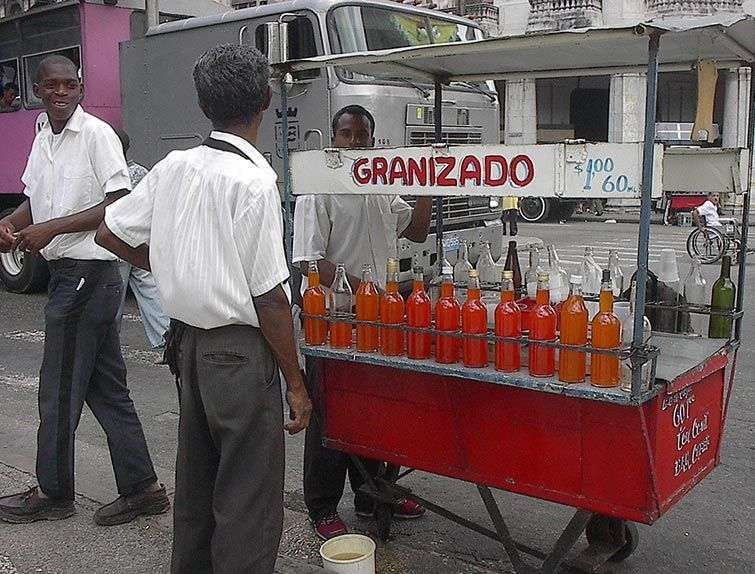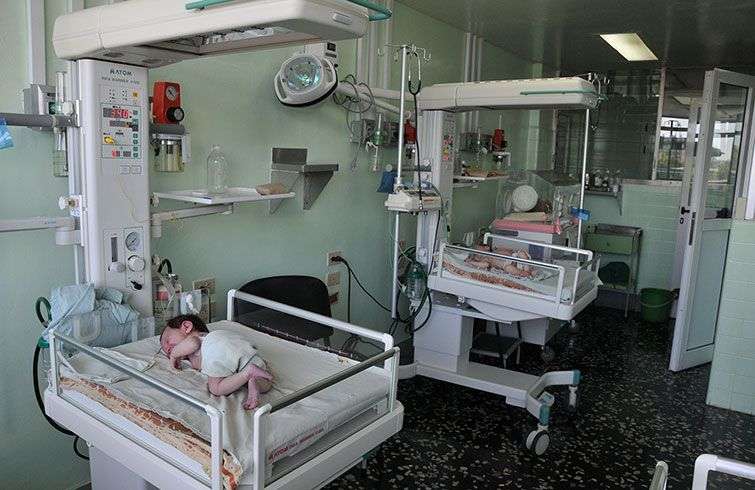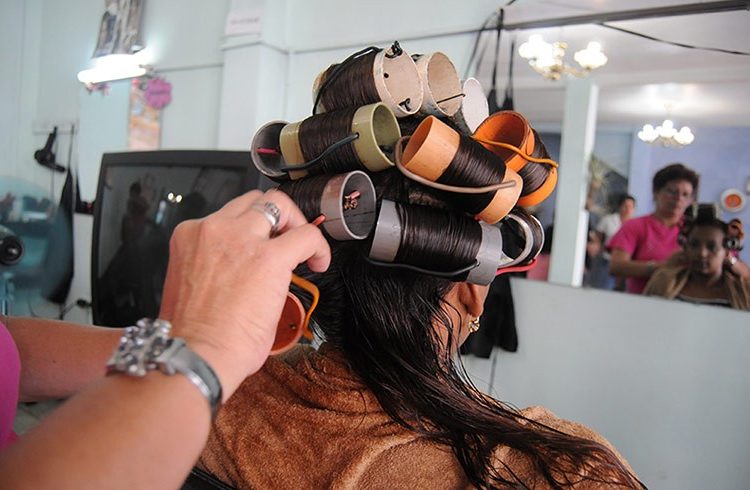“The theft to the State was at a large scale systematically. They were truly well-organized criminal gangs who performed large-scale risky operations. That included declaring losses or damages by directors and managers, who were actually diverting resources onto the underground economy. It was common practice in state stores that clerks and managers keep most sought after products in order to gain privileges over the legal selling price. ”
Although it may seem like it, the analysis does not refer to Cuba, but the Soviet Union shortly before its demise. Gregory Grossman is one of the most knowledgeable of the operation of the “Second Economy” in that nation.
To get an idea of what this parallel economy can mean in a socialist country enough to say that 219 billion rubles were paid in wages in the USSR in 1988 while the population spent or saved 718 billion, three times more.

As in the USSR, the underground economy has been little studied in Cuba, although its effects are remarkable. And there is no solution to problems that are not recognized as such, which usually end up exploding in your face.
Cuba’s economic difficulties have varied ingredients: their status as developing country, the chosen socialist model, and the errors committed by the government, the USA blockade and internal corruption which is reflected in the black market.
Against some of these factors, little can be done because they are determined by the historical reality or the will of others. However, it is up to the government to amend the mistakes, change the model and end corruption.
The search for a new model and the fight against corruption go hand in hand because it is the current model which facilitates embezzlement, while a centralized state vainly tries to control even the last economic bolt.
That chaos that occurs as a result is a breeding ground for multiplying venal officials who divert state resources into their pockets. They are the “wholesalers” who supply the black market, the illegal Second Economy of the Island.
Thanks to the action of the Comptroller know that among these large-scale corrupt there are ministers, deputy ministers, foreign businessmen with Cuban importers, store managers, administrators, business managers, etc.
This is a new social caste that harvest their wealth robbing the country and corrupting all around them and make them their accomplices. They are a parasitic class that has become the greatest threat to the nation.
And they breed very quickly; go to jail and three months after their substitutes are also stealing. The experience of their ancestors seems only to serve them to be a bit cleverer dodging the supervisory.
As in the USSR, these “wholesale” black market officials are products of a model that puts in their hands all the companies and businesses in the country, making it impossible to exercise serious control over their activities.
In Cuba could get help from the government defining which means of production are considered fundamental, which will remain as public property, to open the others to the cooperative sector, private sector and even foreign investment.
The step taken by the opening of self-employment and the creation of cooperatives of hairdressers, transport and cafes now marks a path that can continue to open other areas of economic life.
Why keeping, for example, in public hands some stores that are constantly stolen by their own managers and employees, always out of supplies due to lack of foresight when importing and lack of due health checks?
The state needs to stop frying croquettes to concentrate on directing and controlling the banking, tourism, power generation, nickel, petroleum refining, tobacco, and socially important sectors such as education or health.
The Soviets sought to create a fully nationalized society and so gave space for the birth of their own gravedigger, a breed that appropriated all the means of production that the nation had placed in their hands.
Of course they did not have a José Martí warning them that “with each new role, come a new breed of officials” and then it would be very difficult to “deal with officials linked by common interests.”











